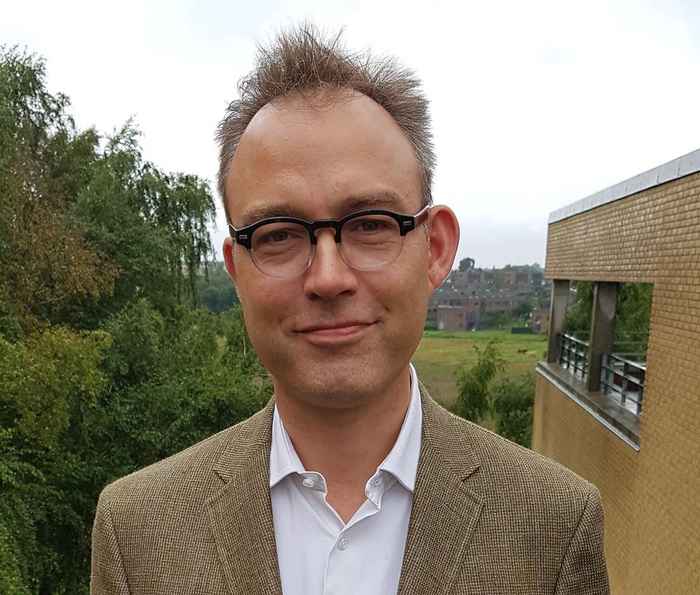Vossius Research Fellow Kasper Risbjerg Eskildsen
18 April 2023

About the project
During his Vossius Fellowship Kasper Risbjerg Eskildsen shall work on a book, contracted with Cambridge University Press, which investigates how the world learned to think historically and why. The book focuses on our yearning for things of the past, from early modern antiquarianism to recent discussions about the repatriation of material cultural heritage, and connects this yearning to a global vision of modernity. The book traces these developments over several disciplinary and national boundaries, following the movement of ideas and practices between antiquarianism, prehistoric archaeology, art history, and historiography and between the Americas, Africa, Europe, and East Asia.
The yearning for things of the past arises with the modern division between past and present but also challenges this division. We want to connect with the past because it is no longer here and appreciate the things because they bring it back. Modern historical scholarship helped create this paradox, and the paradox remains at its core. The work of history, archaeology, and other historical disciplines is to distinguish between past and present, but they do so by connecting with the past through its material remains. Historical scholarship forbids anachronism and simultaneously depends upon it. By investigating this engagement with the things of the past, the book asks why we care. Why do we consider it so important to divide the past from the present and, subsequently, to overcome this division again? Why do we long for anachronism? We do so, I argue, because it allows us to reimagine ourselves. The things of the past are bearers of hopes and dreams as well as fears and feelings of loss. They give evidence to the possibilities and contingencies of the modern world. So, the book explores not only the history of historical scholarship, but also the modern condition and our relationship to the past as modern human beings.
About the researcher
Kasper Risbjerg Eskildsen is a historian of science. His work focuses on the history of the human sciences as well as the history of higher education in the modern era, from the 17th century to today.
He is currently working on two research projects, both of which have a global outlook. The first project, with the working title Things of the Past: A Modern Yearning, traces the engagement with the material remains of the past from Early Modern antiquarianism to recent discussions about the repatriation of material cultural heritage to former European colonies. The second project, Making Humans: The Human Sciences and the Modern University, investigates alternative models to the modern specialized university, emerging in different parts of the world during the last century, and asks how these have shaped our ideas about what it means to be human in the modern world.